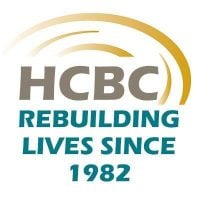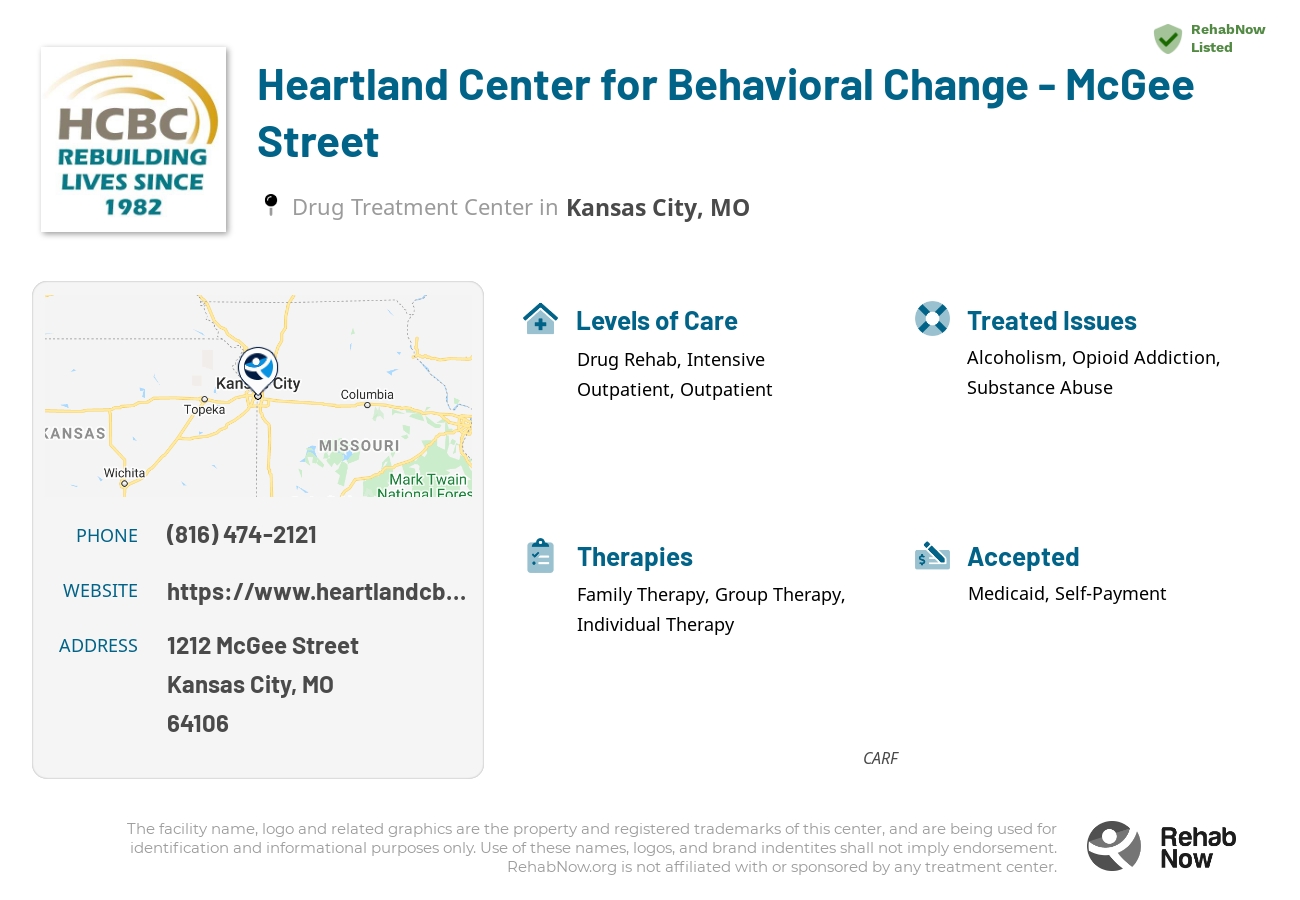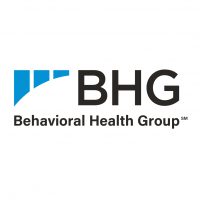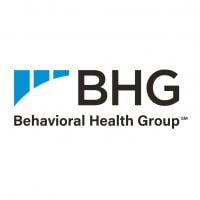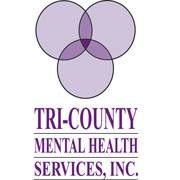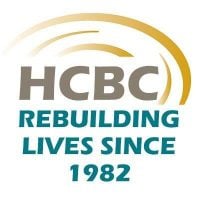Heartland Center for Behavioral Change - McGee Street
Drug Rehab Center in Kansas City, Missouri
Heartland Center for Behavioral Change - McGee Street is a CARF-accredited drug rehab facility in Kansas City, Missouri that provides comprehensive levels of care, including drug rehab, intensive outpatient, and outpatient programs to help individuals struggling with alcohol and substance abuse, addiction to opioids, dual diagnosis, and other forms of drug addiction.
About Heartland Center for Behavioral Change - McGee Street in Missouri
Heartland Center for Behavioral Change - McGee Street is a leading addiction treatment facility in Kansas City, Missouri that specializes in treating individuals suffering from Alcoholism, Opioid Addiction, Substance Abuse, Dual Diagnosis, and Drug Addiction. Heartland Center for Behavioral Change offers various levels of care, such as drug rehab, intensive outpatient, and outpatient services. All care is administered by their highly trained and professional staff who are passionate about helping those in need. Their goal is to provide a personal and holistic approach to addiction treatment, which includes evidence-based therapies, such as cognitive behavioral therapy, 12-Step Program, recovery groups, and relapse prevention.
The programs offered at Heartland Center for Behavioral Change - McGee Street are designed to help individuals build a strong foundation for recovery. Through their comprehensive treatment plans, clients receive individual, group, and family therapy to help them understand the root of their addiction, develop healthy coping skills, and rebuild their lives. The facility is accredited by CARF, the Commission on Accreditation of Rehabilitation Facilities, and is affiliated with the Heartland Center for Behavioral Change. They are also equipped with the latest technology and provide 24-hour support and 24/7 access to an on-call clinician. With their personalized and compassionate approach, Heartland Center for Behavioral Change - McGee Street can provide the tools needed for a successful recovery.
Genders
Ages
Modality
Additional
Accreditations

CARF
The Commission on Accreditation of Rehabilitation Facilities (CARF) is a non-profit organization that specifically accredits rehab organizations. Founded in 1966, CARF's, mission is to help service providers like rehab facilities maintain high standards of care.
Conditions and Issues Treated
Substance Abuse Treatment is important when getting sober, as it helps addicts learn the skills they need to live a clean life. There are many different kinds of recovery treatment, including but not limited to medication-assisted therapy, behavioral therapeutic approaches, self-help groups, and counseling. Each treatment has its benefits that help addicts recover.
Counseling can help addicts learn the skills they need to live sober lives. It can be used to treat underlying mental health issues, like depression or anxiety, that could lead to relapse. Counseling can also help people find work, deal with family problems, and learn to manage living without drugs.
With so many people addicted to opioids, we need to help those who want to quit. The cycle begins when opioid addicts take opioids for a painful injury. When someone starts taking their medication differently or in excess, it means they’re addicted and at risk of overdosing.
In , detoxing from these types of treatments is the most effective way to beat this. Most facilities begin with medical assistance and then provide counseling services; rehabilitation follows after successful treatment.
Levels of Care Offered
This center offers a variety of custom treatment tailored to individual recovery. Currently available are Drug Rehab, Intensive Outpatient, Outpatient, with additional therapies available as listed below.
An intensive outpatient program (IOP) is effective for drug rehab, but it can take six months to several years to complete. It’s the most popular type of drug rehab program in the United States. One example of a successful IOP success story is actor and comedian Chris Rock, sober since 1990.
An IOP allows participants to spend nights at home while attending meetings throughout the day. It’s a good way for drug addicts to make a recovery plan in an outpatient setting while still supporting their loved ones.
Alcohol or drug addiction, or co-occurring disorders, are treated in an outpatient program. The patient must attend therapy and other programs at the facility but can return home each night.
Outpatient treatment allows recovering addicts to live at home while receiving addiction treatment. Outpatients can attend group sessions for a few hours per week. Outpatients may also continue to work full time and study/attend school without interruption if they choose.
Therapies & Programs
Different people react differently to various treatment options. Some drug rehabilitation centers offer individualized treatment that caters to the specific needs of a drug addict. The best treatment option varies on an individual depending on the type of drug abused, life history, medical condition of the person, social circumstances, and the environment they live in now.
When a person enters drug rehab, they usually have anti-drug associations such as withdrawal symptoms, stress, cravings, etc. The first step of drug rehab is to detoxify the body from any residual substances in it. Drug rehabilitation centers usually employ trained medical professionals to help in this process. Usually, the initial detoxification lasts for five days, where the person is monitored under close supervision.
Family therapy sessions typically involve the addict and their family members. During these sessions, a therapist will work with everyone involved to help them understand addiction and find healthy ways of coping without substance abuse.
Some addicts might feel embarrassed about their substance abuse problems. By encouraging family members to attend these sessions, therapists can show addicts that they’re not alone in dealing with addiction. Therapists can also work with family members to help them understand addiction and learn how to offer support and encouragement to their loved one as they deal with substance abuse issues.
Attending group therapy at Heartland Center for Behavioral Change - McGee Street in , is a useful way for those seeking sobriety to realize they aren’t the only one going through it.
This is when a group of people on different recovery phases get together and talk about what they’re going through, their triggers, successes, and failures. This can include alternative types of therapies too! Group therapy may occur on an outpatient or inpatient basis with groups that have no pre-existing relationships outside the session, unlike support groups where everyone already knows each other beforehand.
Trauma therapy is a form of therapy used to help people process and understand past traumas. This can help struggling addicts, as many people turn to drugs or alcohol to mask the pain of their past. Trauma therapy can be done in several ways, such as through visualization, discussion, and writing down thoughts and feelings. The goal is to help the individual understand why they are having problems coping with certain situations and changing how they think and react to things. This is often done in tandem with other therapies to treat the underlying issues associated with addiction.
The idea behind trauma therapy is that while some people can experience traumatic events and not have lasting psychiatric symptoms, many others will. In these cases, memories get hidden from consciousness but continue to influence how the person processes and copes with things in their life. They may avoid situations that resemble what happened or become suddenly angry or irritated to a situation that reminds them of a past event. With the help of a therapist, people can go back over memories and experiences. This helps them understand why they are having problems coping with certain situations and changing how they think and react to things.
Payment Options Accepted
For specific insurance or payment methods please contact us.
Heartland Center for Behavioral Change Associated Centers
Discover treatment facilities under the same provider.
- Heartland Center for Behavioral Change - Springfield in Springfield, MO
- Heartland Center for Behavioral Change - Campbell in Kansas City, MO
- Heartland Center for Behavioral Change - Liberty in Liberty, MO
- Heartland Center for Behavioral Change - Independence in Independence, MO
- Heartland Center for Behavioral Change - Cassville in Cassville, MO
Learn More About Heartland Center for Behavioral Change Centers
Additional Details
Specifics, location, and helpful extra information.
Kansas City, Missouri 64106 Phone Number(816) 474-2121 Meta DetailsUpdated November 25, 2023
Staff Verified
Heartland Center for Behavioral Change - McGee Street Patient Reviews
There are no reviews yet. Be the first one to write one.
Kansas City, Missouri Addiction Information
Opioid-related overdoses in Missouri have been increasing steadily for the past three decades. In 2018, more than 1,130 people in Missouri died from opioid abuse. Methamphetamines and marijuana abuse have surpassed opioid abuse in Missouri. Missouri is the number 1 methamphetamine manufacturer in the country with more than 27 meth labs per 100,000 people.
In Kansas City, Missouri, in 2016, there were 97 drug overdose deaths. There were 438 drug-related deaths in Kansas City in 2017, and that number is expected to rise in 2018. Drug addiction not only takes a toll on the individual but the entire community. Kansas City, MO, offers various drug treatment options for those looking to get sober. People who require around-the-clock assistance can enroll in these programs.
Treatment in Nearby Cities
- Lexington, MO (38.0 mi.)
- Doniphan, MO (267.3 mi.)
- Smithville, MO (19.9 mi.)
- Saint Charles, MO (220.7 mi.)
- Perryville, MO (272.8 mi.)
Centers near Heartland Center for Behavioral Change - McGee Street
The facility name, logo and brand are the property and registered trademarks of Heartland Center for Behavioral Change - McGee Street, and are being used for identification and informational purposes only. Use of these names, logos and brands shall not imply endorsement. RehabNow.org is not affiliated with or sponsored by Heartland Center for Behavioral Change - McGee Street.
